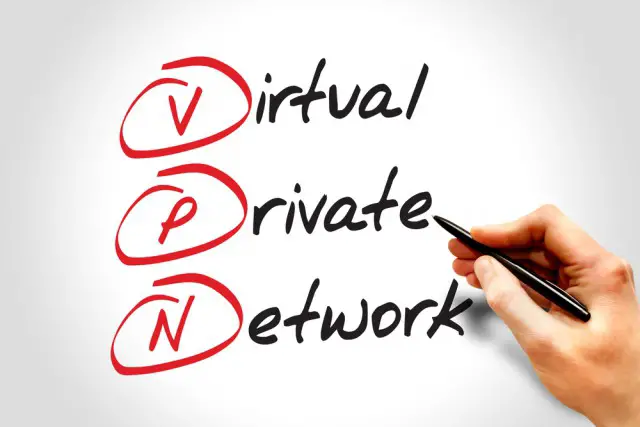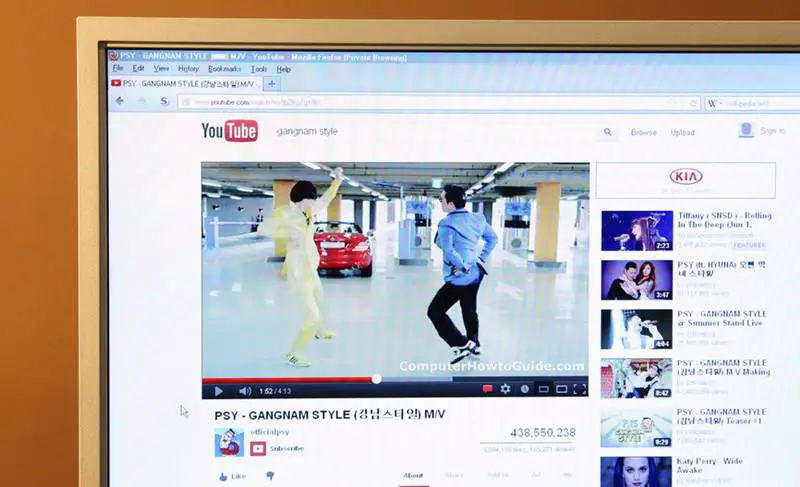More and more people now seem to be using virtual private networking connections these days, or what is commonly referred to as VPN. With free lifetime VPN service built into programs such as the Opera desktop and Apple products, this is no wonder. These services promise customers that neither other people or automated systems will be able to locate them or their activities on the Internet. In other words, they promise the user a great privacy feature. With services such as Hidemyass, IPVanish, and SurfEasy, among others, people are being swayed into a false sense of security that a VPN is a sure fire way to stay completely safe on the Internet. However, this is only true if the VPN has been set up properly and if the user is aware of its limitations. Continue reading to learn about VPN before you decided in using the service.

Learn about VPN before using
1. How VPN works?
If you are wondering how VPN works, it basically creates a connection between your computer or device and an end point somewhere else. It serves as a tunnel that provides a strong encryption so that the information you send and receive cannot be intercepted or read by a third party. A VPN also allows the user to pretend that they are connecting to a different IP address other than the one assigned to their computer or device. Third parties will, however, still be able to see that there is a connection to a specific point and may be able to figure out that a VPN is being used. A VPN user should be aware that this could possibly have consequences.
2. Why people use VPNs
Many people use a VPN to stay safe on public Wi-Fi, during foreign travel, and when making online purchases to avoid sharing unencrypted data with strangers. Business people as well as journalists, those who have trade secrets or sources to protect, may also opt to use a VPN.
Read also: 5 Best Free VPN Services: Are Free VPN Services Worth It?
3. Caution about using a VPN
If you are using a VPN, the safest way is to set up your VPN tunnel to a trusted network within your control. However, if you use a third party VPN provider, you cannot control the end point where your personal traffic joins the Internet and the provider may gather information about you which could possibly be turned over to commercial organizations or in certain instances, the authorities. If you are involved in any type of shady behaviors or dealings, know that it is not uncommon for a VPN provider that gathers users connections to be the subject of a raid if a potential suspect is being sought. If you are an upstanding citizen, this part should not be a major concern.
Another point to consider is that using a VPN requires the user to trust that the connection they are using is secure, when in fact, it may not be. It also pays to be aware of how much traffic you send over a VPN, as some providers may use an older Internet protocol that might not use encryption . This allows others to see when your system wants to know the IP address for a certain site. This alone gives away the fact that you are trying to join a virtual private network.
Read also: How to Use VPN on My Home Network
4. Know the limitations of a VPN before using one
Keep in mind that the distance from your VPN provider to you may impact the quality of the service and the length of time it takes to send and receive information. Some VPN’s are also better than others, so it is important to read reviews (like this IPVanish review) to see which ones are rated highest. TorrentFreak provides an annual overview of VPN service providers for those who would like to learn more about protecting their traffic on the Internet.
Read also: 15 Benefits of Using a VPN – Enhancing Your Online Experience
Learn about VPN before using: conclusion
As you can see, a VPN can be a good thing, but using one does come with its own risks and possible consequences. Keep in mind that when you trust your information to a third party, there is always a risk as opposed to staying with your own network connection. A VPN is a good idea for those who are traveling in countries where Internet safety is not considered a high priority, or for those who have responsibilities to keep their private and privileged information secure. It is also advisable to understand how VPN works and to realize their limitations before using one.
[Image via Google Images]




Wonderful tutorial about VPN , in fact is secret weapon in online success specially if you are working for SEO !